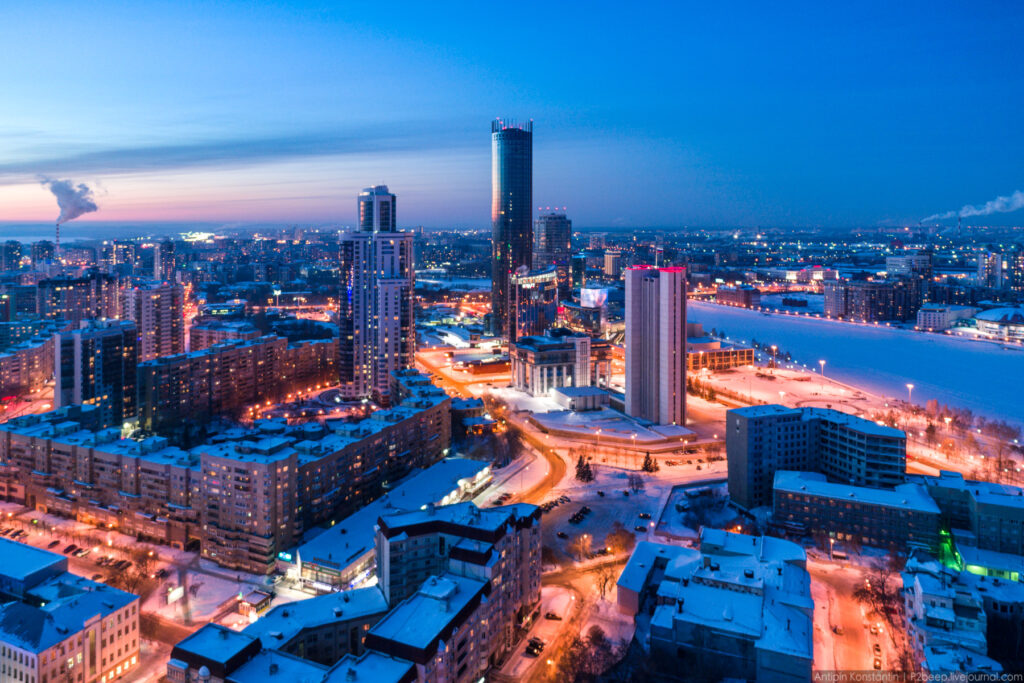By M K Bhadrakumar
Amid the flurry of diplomatic activity in Moscow last week over the Caucasus, Foreign Minister Sergei Lavrov took time off for an exceptionally important mission to Turkey, which might prove a turning point in the security and stability of the vast region that the two powers historically shared.
Indeed, Russian diplomacy is swiftly moving even as the troops have begun returning from Georgia to their barracks. Moscow is weaving a complicated new web of regional alliances, drawing deeply into Russia’s collective historical memory as a power in the Caucasus and the Black Sea.
German poet and playwright Bertolt Brecht would have marveled
at Lavrov’s diary, heavily marked with “Caucasian chalk circles” through last week, with intertwining plots and sub-plots – an Extraordinary European Council Meeting taking place in Brussels; a meeting of the foreign ministers of the Collective Security Treaty Organization (CSTO) in Moscow; three foreign counterparts to be hosted in Moscow – Karl de Gucht of Belgium, Franco Frattini from Italy and Azerbaijan’s Elmar Mamedyarov; visits by the presidents of the newly independent republics of South Ossetia and Abkhazia; and consultations with the visiting United Nations secretary general’s special representative for Georgia, Johan Verbeke.
Asia Times Online :: Central Asian News and current affairs, Russia, Afghanistan, Uzbekistan.
